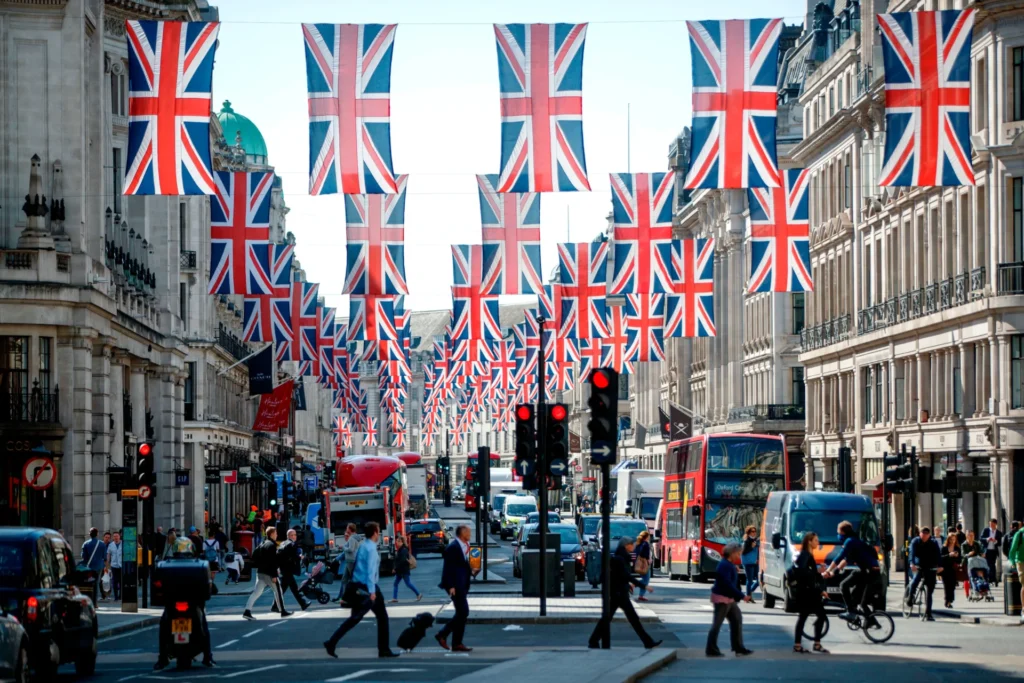
Gambling activity in Great Britain declined by three percentage points between September 2024 and January 2025, according to the Gambling Survey for Great Britain (GSGB) by NatCen and published by the Gambling Commission.
During the survey, 46% of adults reported gambling within the previous four weeks, down from 49% in the earlier study ending October 2024. NatCen surveyed 5,191 adults aged 18 and over during this period.
Among these respondents, 19% said they only participated in National Lottery or charity lottery draws. When excluding these participants, the overall gambling rate drops to 28%, which remains consistent with the previous quarter.
OSR Releases GSGB Survey Review
Amid concerns about the survey’s reliability, the Office for Statistics Regulation (OSR)—a division of the UK Statistics Authority—conducted a detailed review.
In its report released Thursday, the OSR issued nine key recommendations to improve the GSGB’s methods and transparency. Despite its critiques, the OSR confirmed the survey data remains fit for publication. It urged the Gambling Commission to improve quality assurance processes, disclose potential biases, and communicate limitations of the findings more clearly.
Additionally, the OSR encouraged the Commission to create a user engagement strategy, grow its stakeholder network, and collaborate with other official statistics agencies.
“While some areas require more attention, we found no evidence that disqualifies the statistics from publication,” the OSR stated.
Ed Humpherson, OSR Director General, welcomed the Gambling Commission’s early efforts:
“I’m encouraged by their proactive response and urge them to publish regular updates on progress.”
Lottery Participation Falls; Online Gambling Rises Slightly
The GSGB study also revealed changing trends. Although lottery games continue to be the most popular form of gambling, participation declined from 37% to 34%. Following closely were scratchcards (12%) and betting (10%), while online instant win games reached 7%.
At the same time, online gambling participation stood at 37%. Excluding lottery-only players, the figure drops to 17%, representing a slight 1% increase from the last period.
Earlier this month, the Gambling Commission reported a 7% year-on-year increase in online gross gambling yield (GGY) for Q1. This rise was driven mainly by double-digit growth in online slots.
GGY reached £1.45 billion ($1.93 billion) between January and March, compared to £1.34 billion during the same period last year. However, it remained 5.8% lower than Q4’s £1.54 billion.
Players generated 23.4 billion spins in Q1—a 6% year-over-year increase—while monthly average active accounts climbed to 4.5 million, setting a new quarterly record for slots.
Demographic Imbalance in Sampling
The study also highlighted age distribution disparities in the sample. For instance, the 18–24 age group made up just 6% of respondents, even though this cohort represents 11% of the adult population. Conversely, people aged 65–74 accounted for 18% of the sample but only 12% of the national population.
These imbalances could affect the representativeness of the results. Moving forward, the Commission may need to refine its sampling approach to better reflect the population.



